It's sin and not poverty that makes men miserable
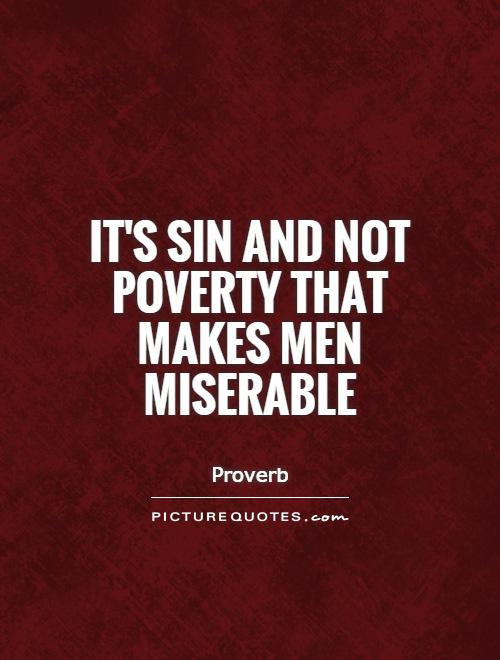
It's sin and not poverty that makes men miserable
The proverb "It's sin and not poverty that makes men miserable" speaks to the idea that moral failings and wrongdoing are ultimately more damaging to a person's well-being than material lack. While poverty can certainly bring about hardship and suffering, the true source of misery lies in the choices and actions that individuals make.Sin, in this context, refers to actions that go against moral or ethical principles. These can include lying, cheating, stealing, harming others, and engaging in other harmful behaviors. When individuals engage in sinful behavior, they often experience feelings of guilt, shame, and regret. These negative emotions can weigh heavily on a person's conscience and lead to a sense of inner turmoil and unhappiness.
On the other hand, poverty is a lack of material wealth or resources. While poverty can certainly bring about challenges and difficulties, it is not inherently linked to feelings of guilt or moral failing. In fact, many individuals who experience poverty are able to find happiness and fulfillment in their lives through strong relationships, meaningful work, and a sense of purpose.
Ultimately, the proverb suggests that true happiness and contentment come from living a life guided by moral principles and values. When individuals act in accordance with these principles, they are more likely to experience a sense of peace and fulfillment, regardless of their material circumstances. Conversely, those who engage in sinful behavior are likely to experience inner turmoil and misery, even if they have material wealth.
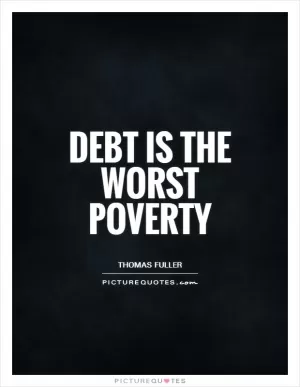

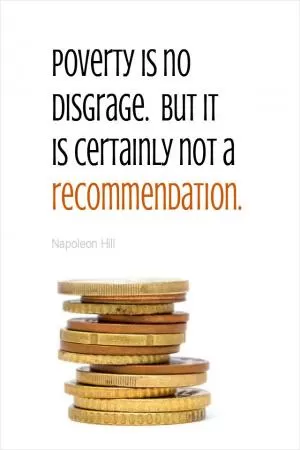
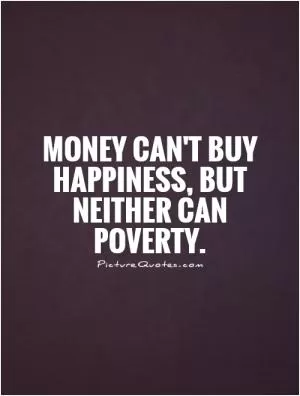
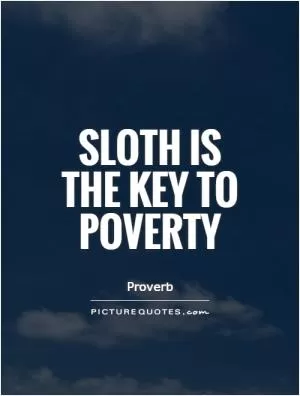
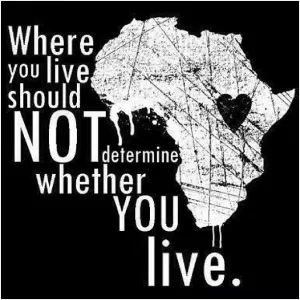
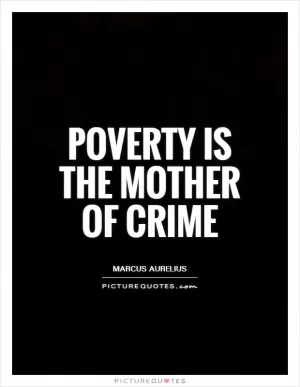
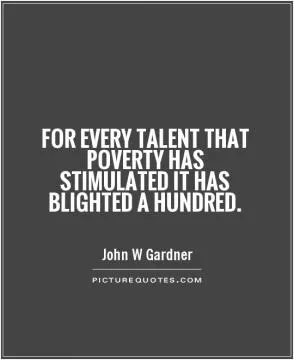
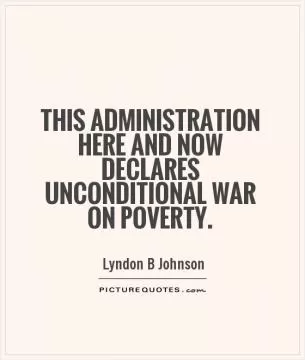
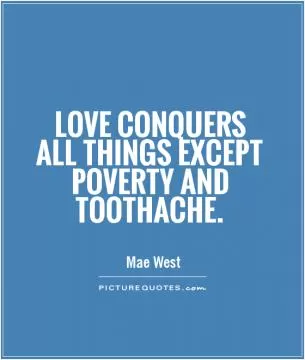
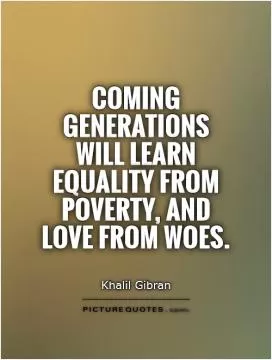
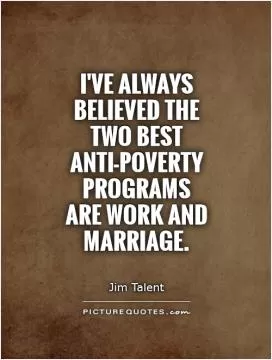
 Friendship Quotes
Friendship Quotes Love Quotes
Love Quotes Life Quotes
Life Quotes Funny Quotes
Funny Quotes Motivational Quotes
Motivational Quotes Inspirational Quotes
Inspirational Quotes